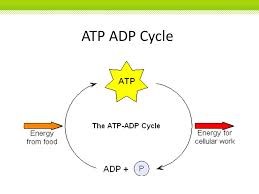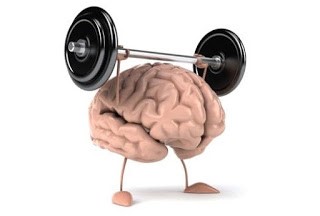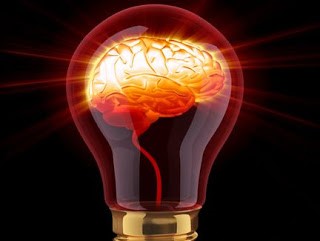By Parvez Dara
MD, FACP, ATP, CFII, and MEI
 OXYGEN AND FLIGHT As humans we depend on energy. Our energy is created in little biological machinery present in the cells called mitochondria. these tiny powerhouses generate phosphates from converting (Adenosine Triphosphate or ATP) to Adenosine Diphosphate or ADP). phosphate groups are needed to move cells within organs to do their jobs, example muscles to contract (locomotion) hearts to pump, kidneys to filter, livers to digest and brains to process information. Absent phosphate and we are looking at an abyss. Oxygen is needed for the generation of the phosphate groups, hence the importance of this element in all
OXYGEN AND FLIGHT As humans we depend on energy. Our energy is created in little biological machinery present in the cells called mitochondria. these tiny powerhouses generate phosphates from converting (Adenosine Triphosphate or ATP) to Adenosine Diphosphate or ADP). phosphate groups are needed to move cells within organs to do their jobs, example muscles to contract (locomotion) hearts to pump, kidneys to filter, livers to digest and brains to process information. Absent phosphate and we are looking at an abyss. Oxygen is needed for the generation of the phosphate groups, hence the importance of this element in all
Oxygen, the quintessence of all elements breathes life into living creatures. Without it there is no water, nor breathable air, nor the lusty energy that makes us want to fly.

The breathable air contains 20.946% Oxygen. Humans exchange carbon dioxide for oxygen to replenish the stores of renewable energy for every one of the trillion cells that make us. This energy is in the form of Adenosine Triphosphate (ATP). ATP releases a phosphate group that acts as an energy bar for the cell to chew on so that it can accomplish its functions. These functions include manufacturing proteins, hormones, keeping the integrity of the cell wall etc. From our aviation point of view the function that cannot be clouded is the brain activity. The brain weighs about 3 pounds and consumes 25% of the oxygen supply. The brain’s hefty consumption is a testimony to its integrated and creative functions. 100% of the brain is at work 100% of the time and it needs its constant and uninterrupted energy supply.
 The rarified air at altitude has reduced content of oxygen, which causes our brains, first to compensate by increasing blood pressure, then the respiration and heart rate to maintain the steady oxygen supply. When oxygen levels lower further, portions of the brain function capitulate, akin to losing the alternator, one reduces power load by keeping only the most important instruments on the panel active so as not to drain the battery. So flying in un-pressurized aircraft without oxygen, your cognitive skills diminish. Your communication and math skills suffer as do interpretative skills. Missing calls, airway intersections or flying into adverse conditions becomes possible. To unscramble the brain a little oxygen rich air is mandatory. A “Chamber Ride” at an aviation facility confirms this.
The rarified air at altitude has reduced content of oxygen, which causes our brains, first to compensate by increasing blood pressure, then the respiration and heart rate to maintain the steady oxygen supply. When oxygen levels lower further, portions of the brain function capitulate, akin to losing the alternator, one reduces power load by keeping only the most important instruments on the panel active so as not to drain the battery. So flying in un-pressurized aircraft without oxygen, your cognitive skills diminish. Your communication and math skills suffer as do interpretative skills. Missing calls, airway intersections or flying into adverse conditions becomes possible. To unscramble the brain a little oxygen rich air is mandatory. A “Chamber Ride” at an aviation facility confirms this.
 Remember an intensely low oxygen level for a short time or a low-level prolonged oxygen restriction can have similar short term and long term consequences on cellular behavior. If you fly above 5000 feet at night or above 8000 feet during the day use oxygen. It is good for the cerebral soul.
Remember an intensely low oxygen level for a short time or a low-level prolonged oxygen restriction can have similar short term and long term consequences on cellular behavior. If you fly above 5000 feet at night or above 8000 feet during the day use oxygen. It is good for the cerebral soul.
Think about these problems while reading this on the ground rather than in the air:
1. Mathematics
Skill deterioration
2. Cognitive Skill deterioration
3. Instant Recall diminished (Frequency recall)
4. Remote Recall diminished (experiential references)
5. Decision Making Skills deteriorate (Time, distance and fuel consumption)
6. Risk Assessment Impaired (eg. Go, No go decision into weather)
7. Physical functional Impairment (muscle weakness)
8. Lethargy/Fatigue.

